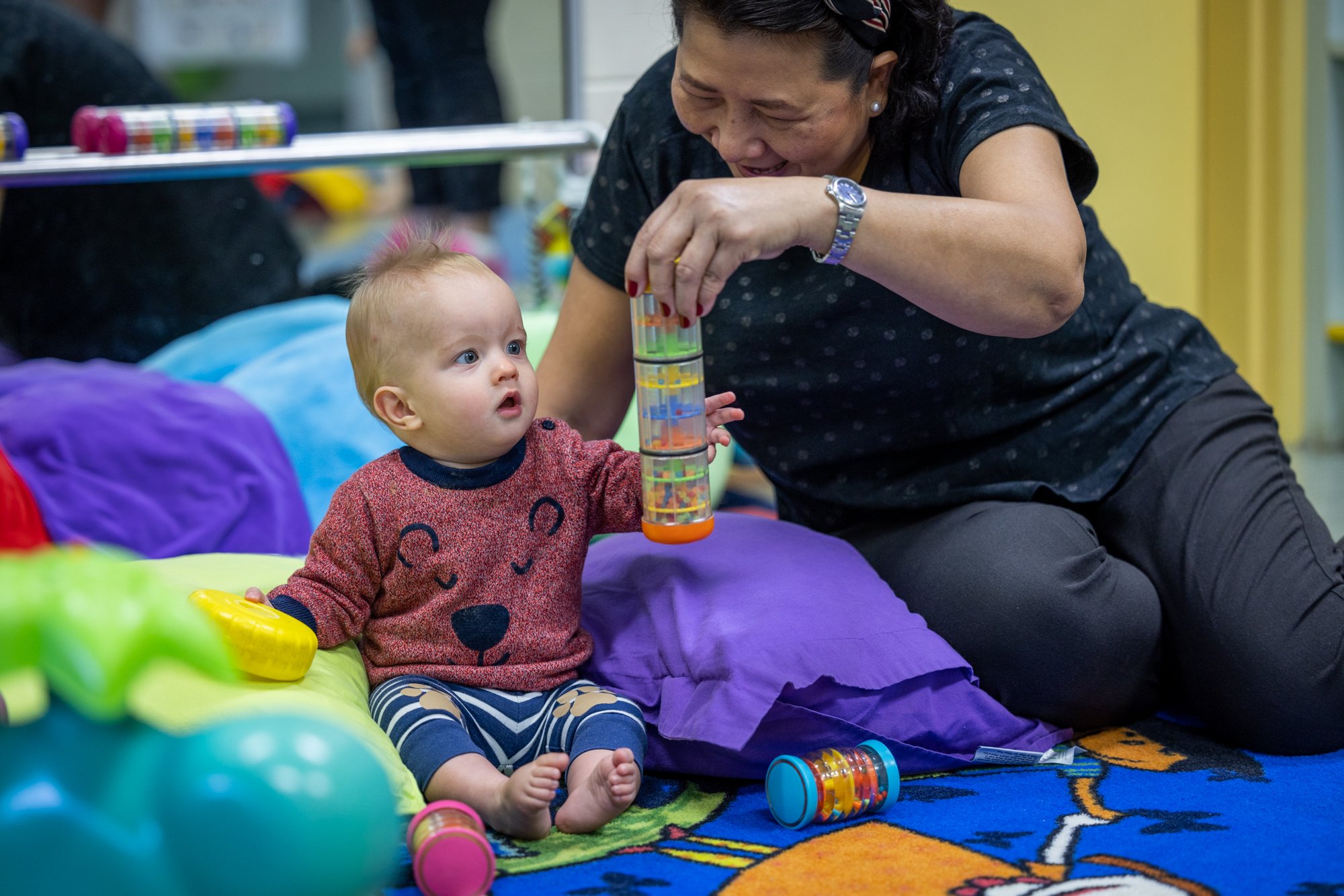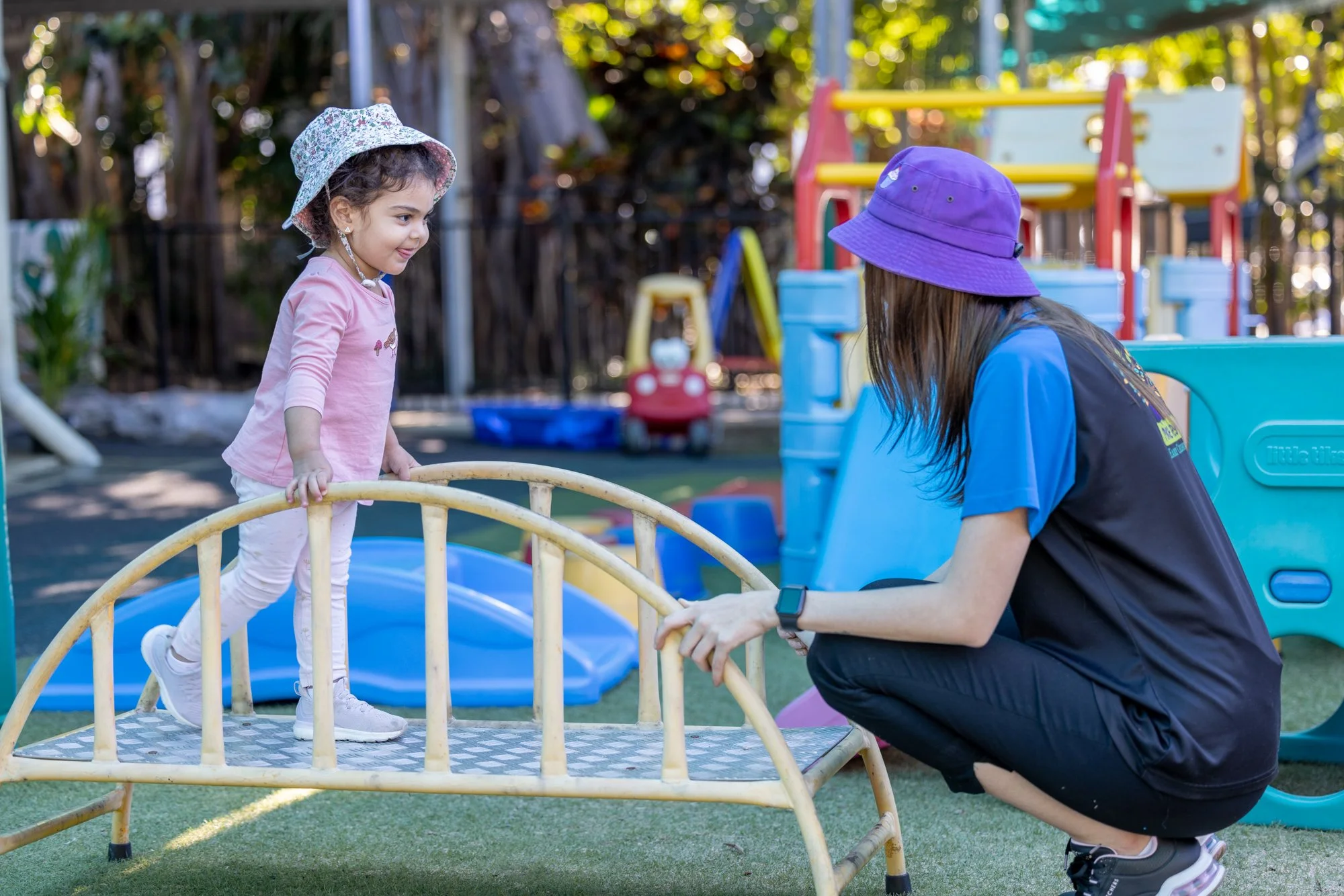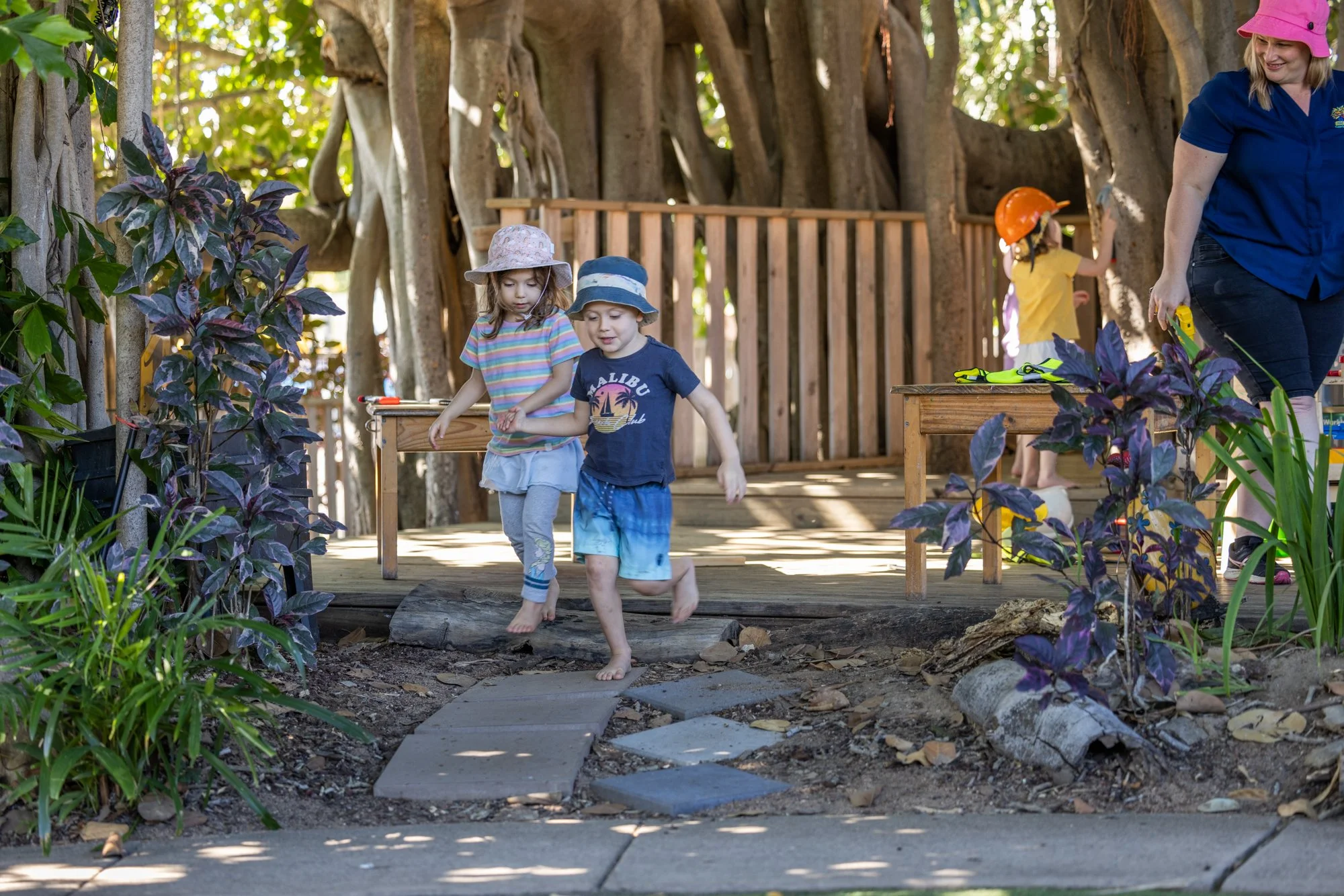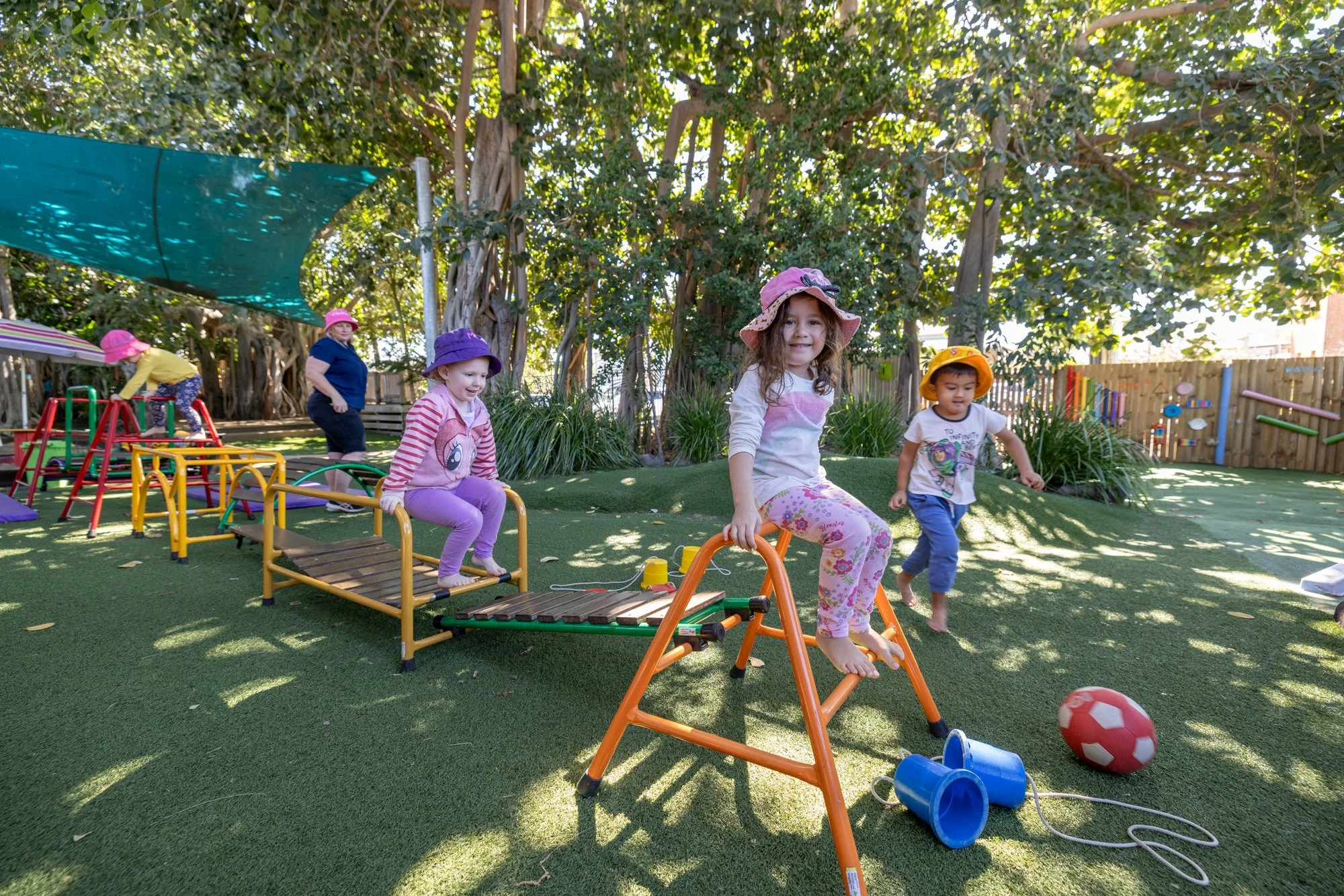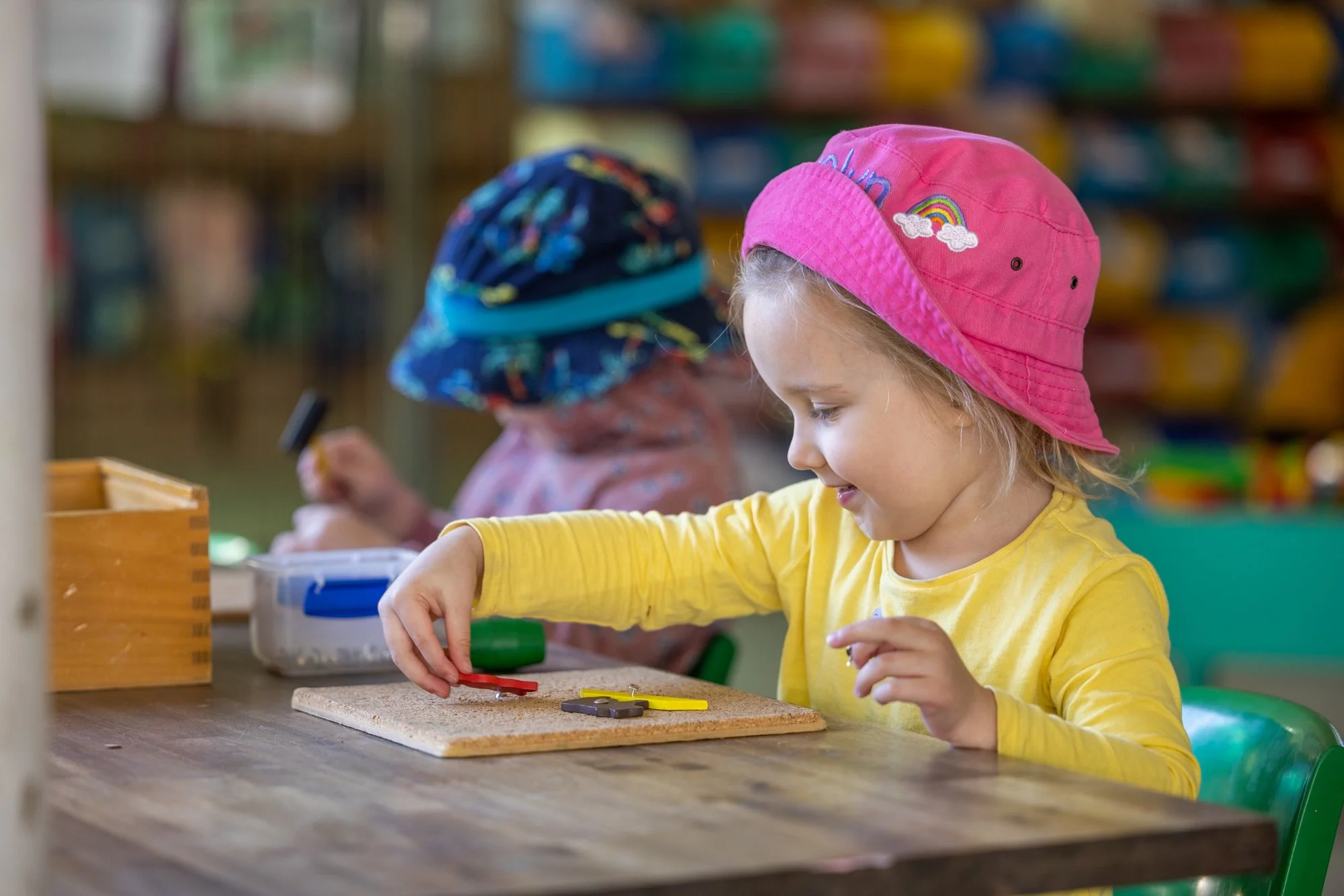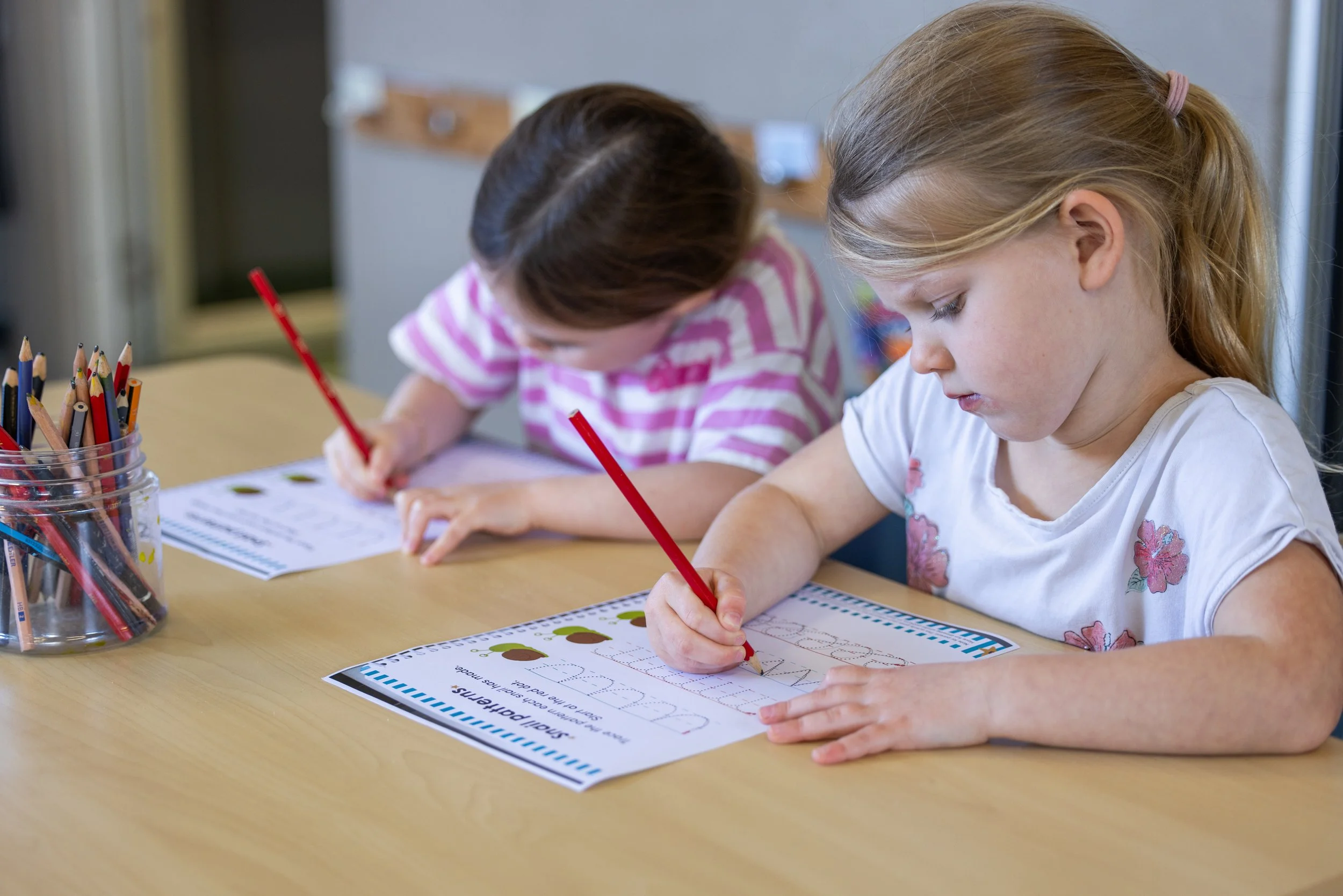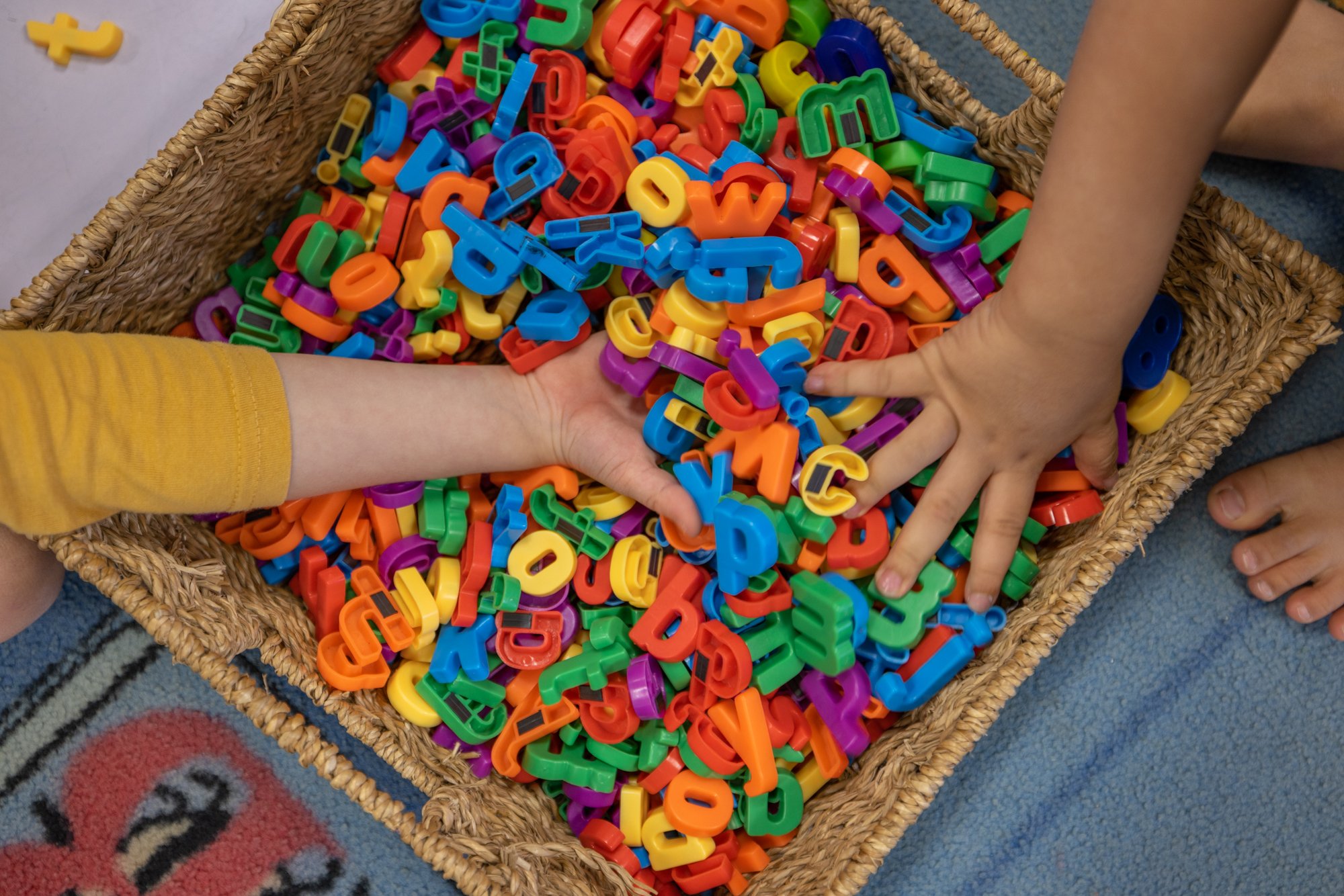
EYLF Outcomes
Giving children have the best start in life to create a better future
The Early Years Learning Framework (EYLF) curriculum is the National Quality Framework designed to foster a supportive and nurturing environment where children can be educated and cared for from birth to five years of age, before commencing primary school.
The Early Years Learning Framework (EYLF) forms the foundation for ensuring that all children experience quality teaching and learning. It has a specific emphasis on play-based learning and recognises the importance of communication and language (including early literacy and numeracy) and social and emotional development. The Framework has been designed for use by early childhood educators working in partnership with families, children’s first and most influential educators.
Learning Outcome 1:
A strong sense of identity
Children feel safe, secure and supported
Children develop their emerging autonomy, inter-dependence, resilience and sense of agency
Children develop knowledgeable and confident self identities
Children learn to interact in relation to others with care, empathy and respect
Learning Outcome 2:
Connection to and contribution with their world
Children develop a sense of belonging to groups and communities and an understanding of the reciprocal rights and responsibilities necessary for active community participation
Children respond to diversity with respect
Children become aware of fairness
Children become socially responsible and show respect for the environment
Learning Outcome 3:
A strong sense of wellbeing
Children become strong in their social and emotional wellbeing
Children take increasing responsibility for their own health and physical wellbeing
Learning Outcome 4:
Confident and involved learners
Children develop dispositions for learning such as curiosity, cooperation, confidence, creativity, commitment, enthusiasm, persistence, imagination and reflexivity
Children develop a range of skills and processes such as problem solving, enquiry, experimentation, hypothesising, researching and investigating
Children transfer and adapt what they have learned from one context to another
Children resource their learning through connecting with people, place, technologies and natural and processed materials
Learning Outcome 5: Effective communicators
Children interact verbally and non-verbally with others for a range of purposes
Children engage with a range of texts and gain meaning from these texts
Children express ideas and make meaning using a range of media
Children begin to understand how symbols and pattern systems work
Children use information and communication technologies to access information, investigate ideas and represent their thinking
